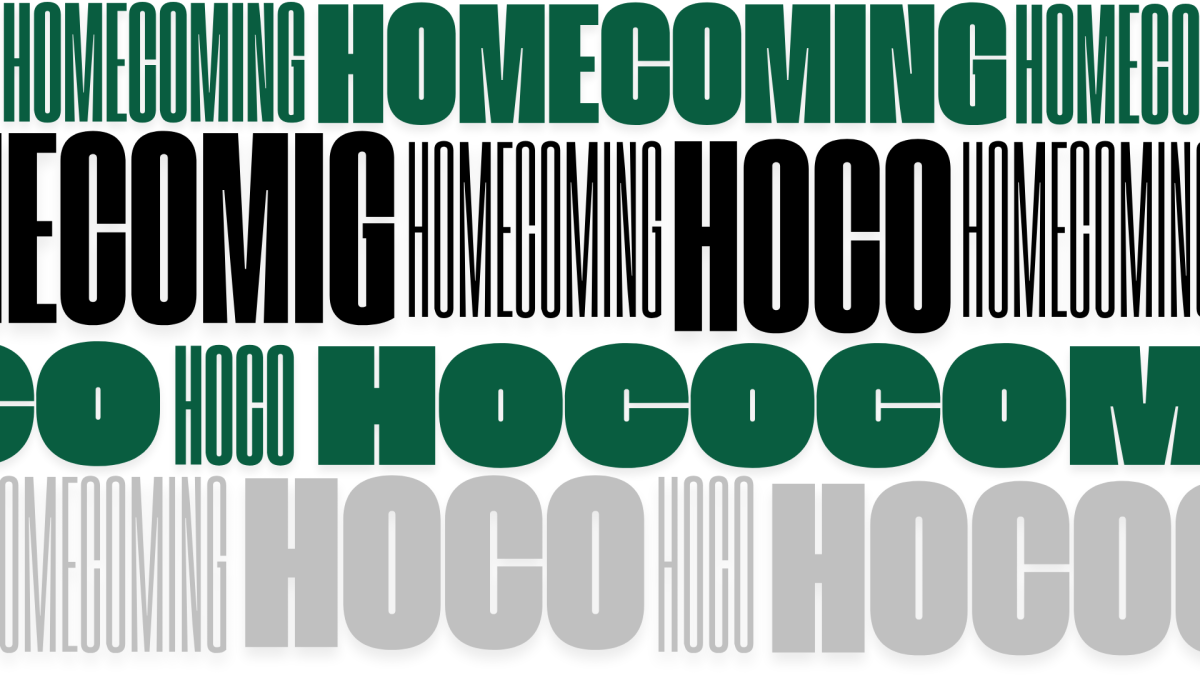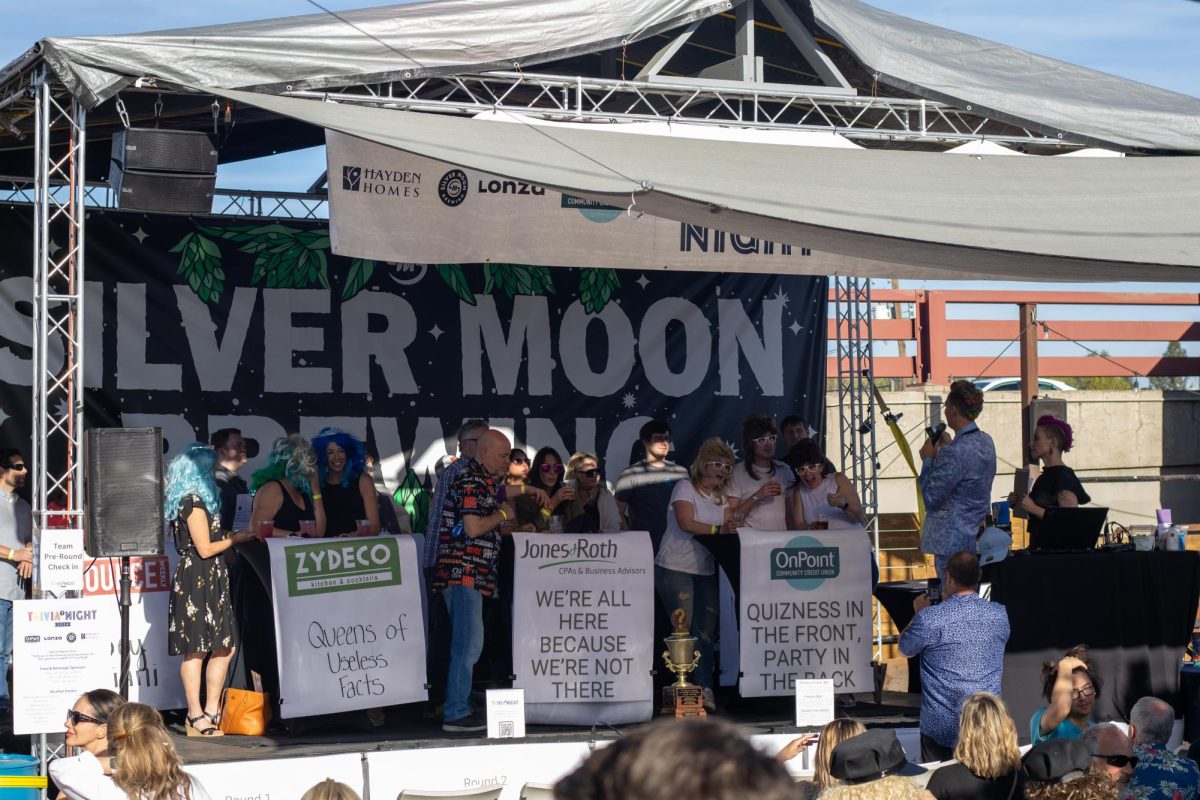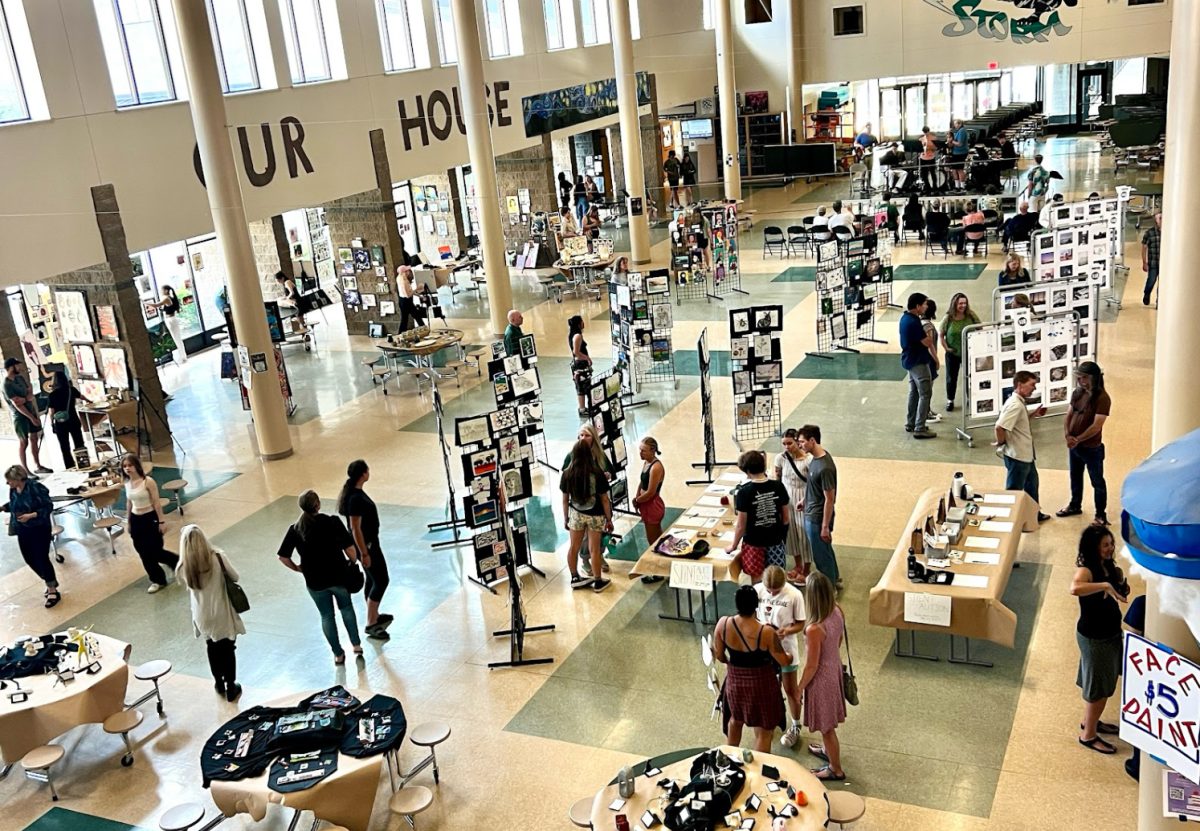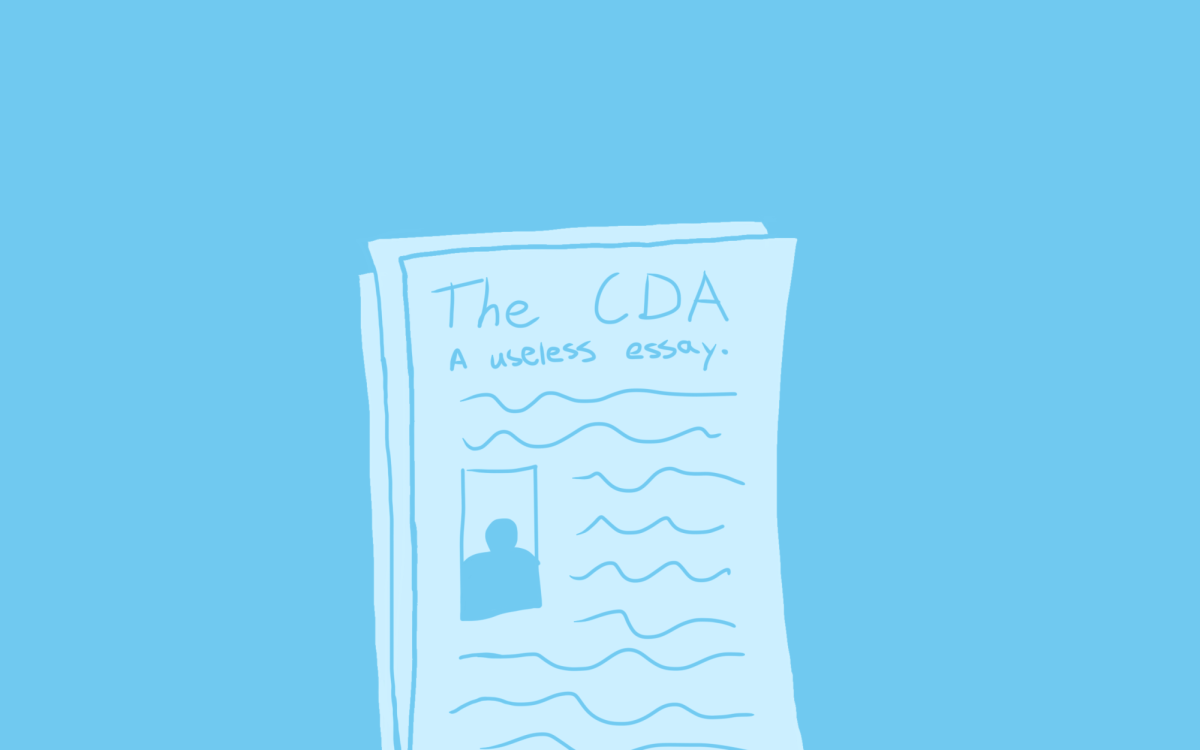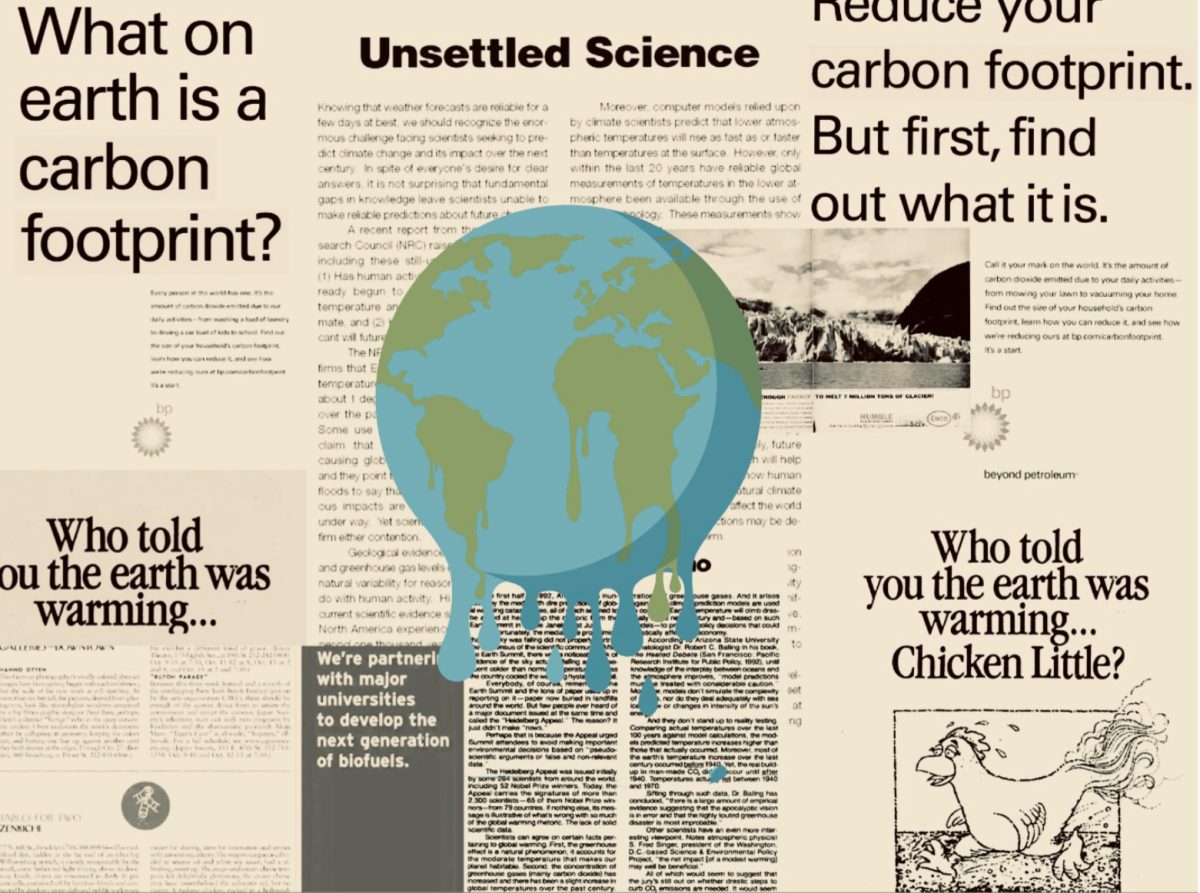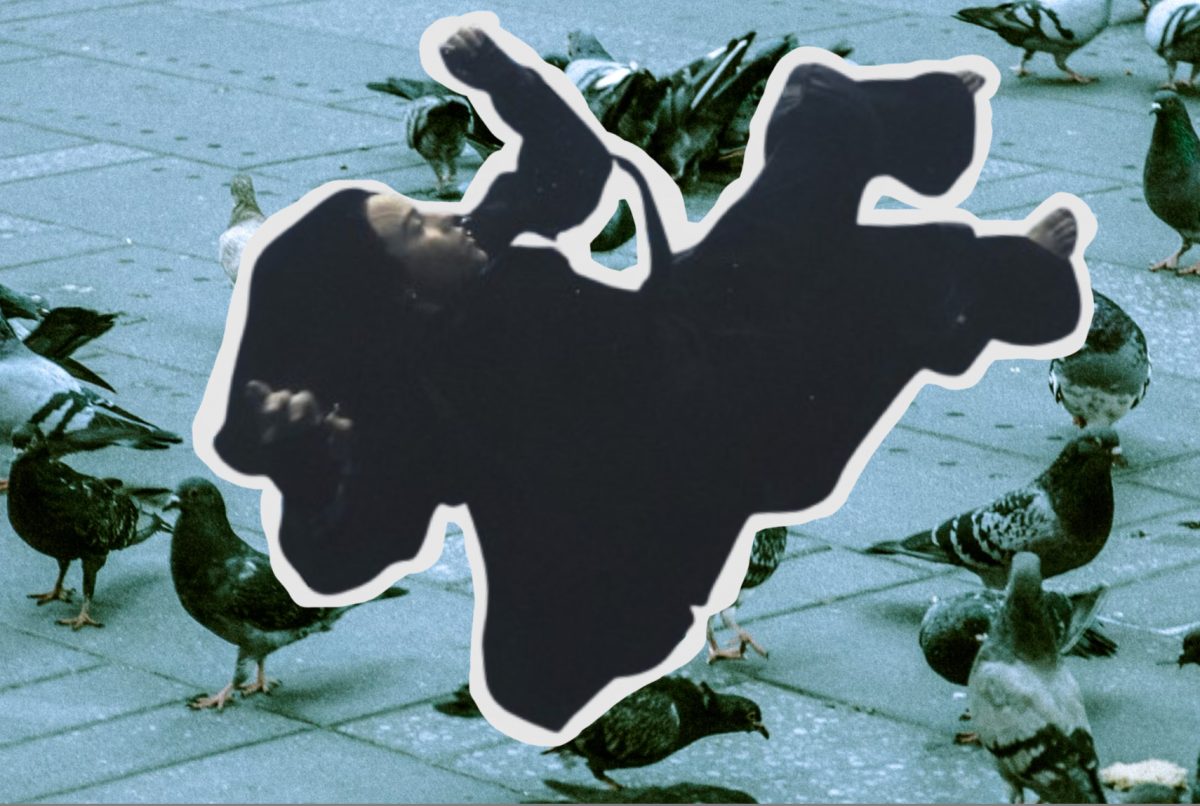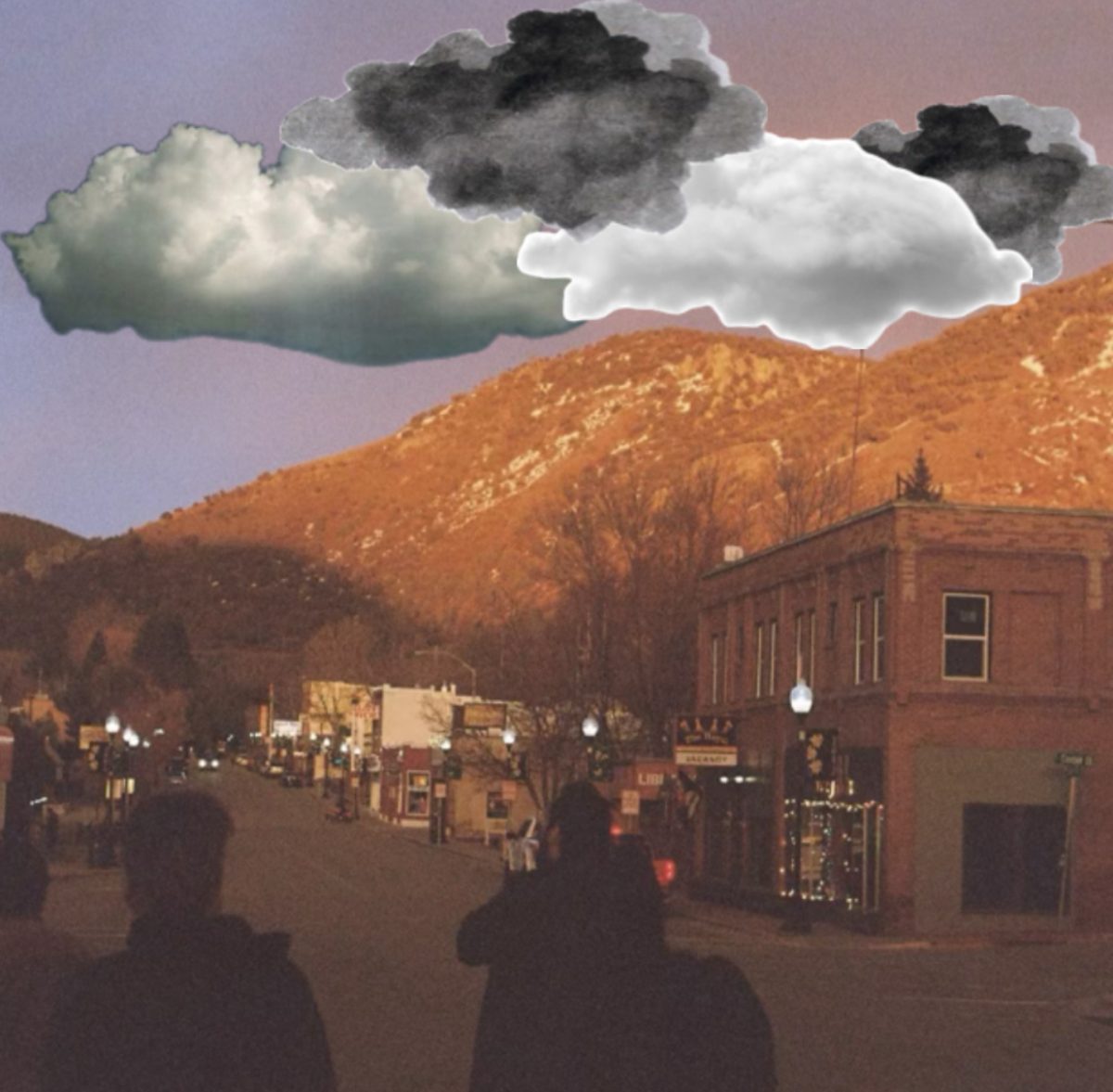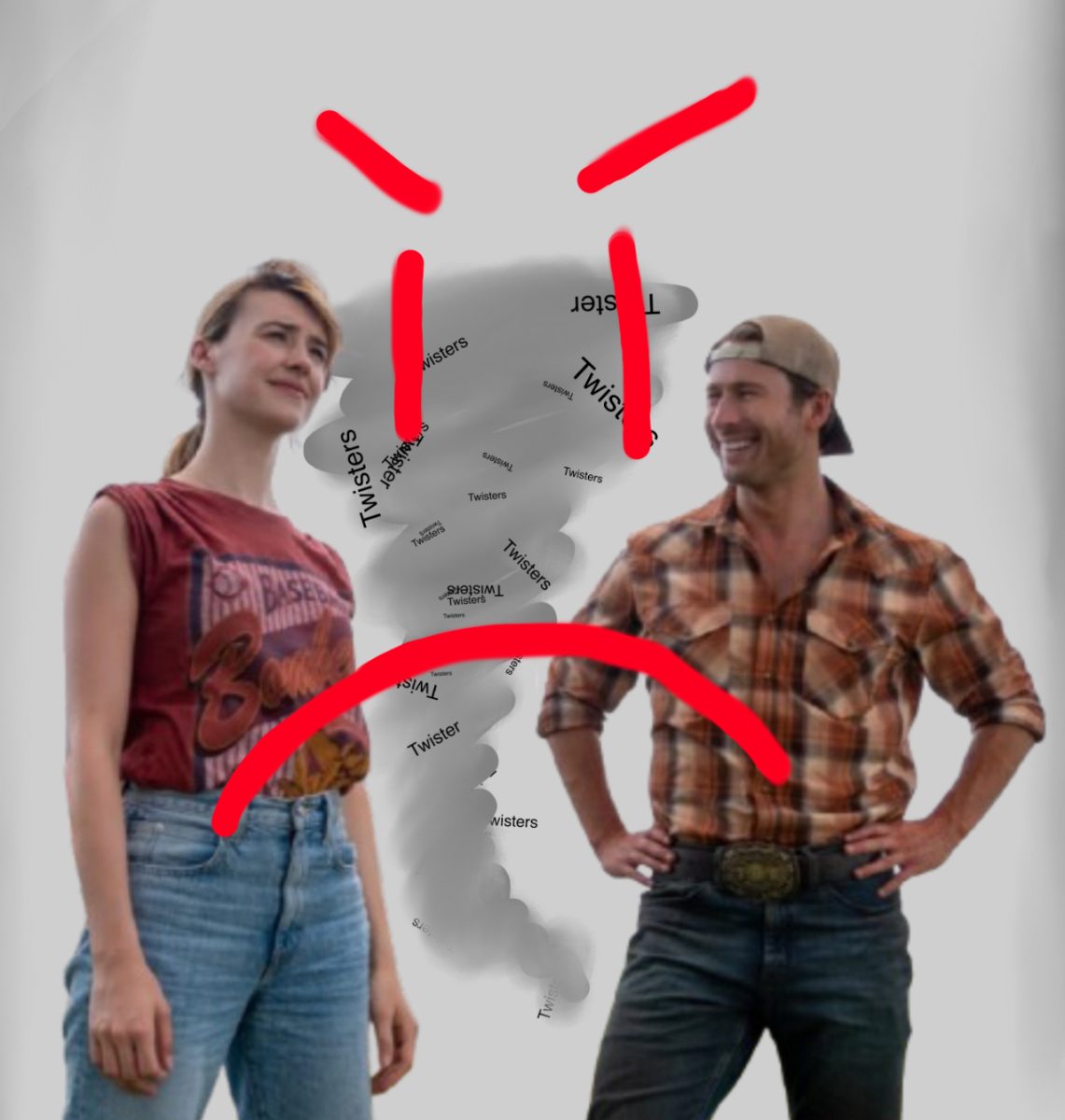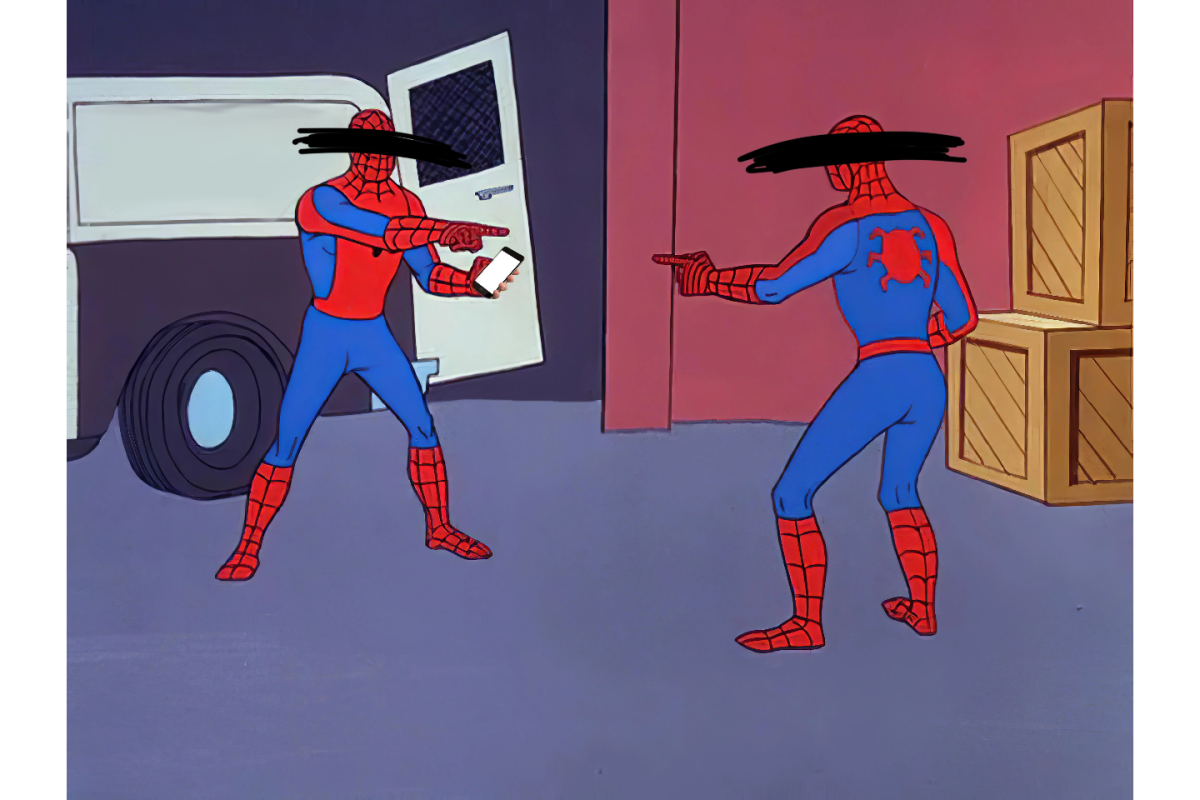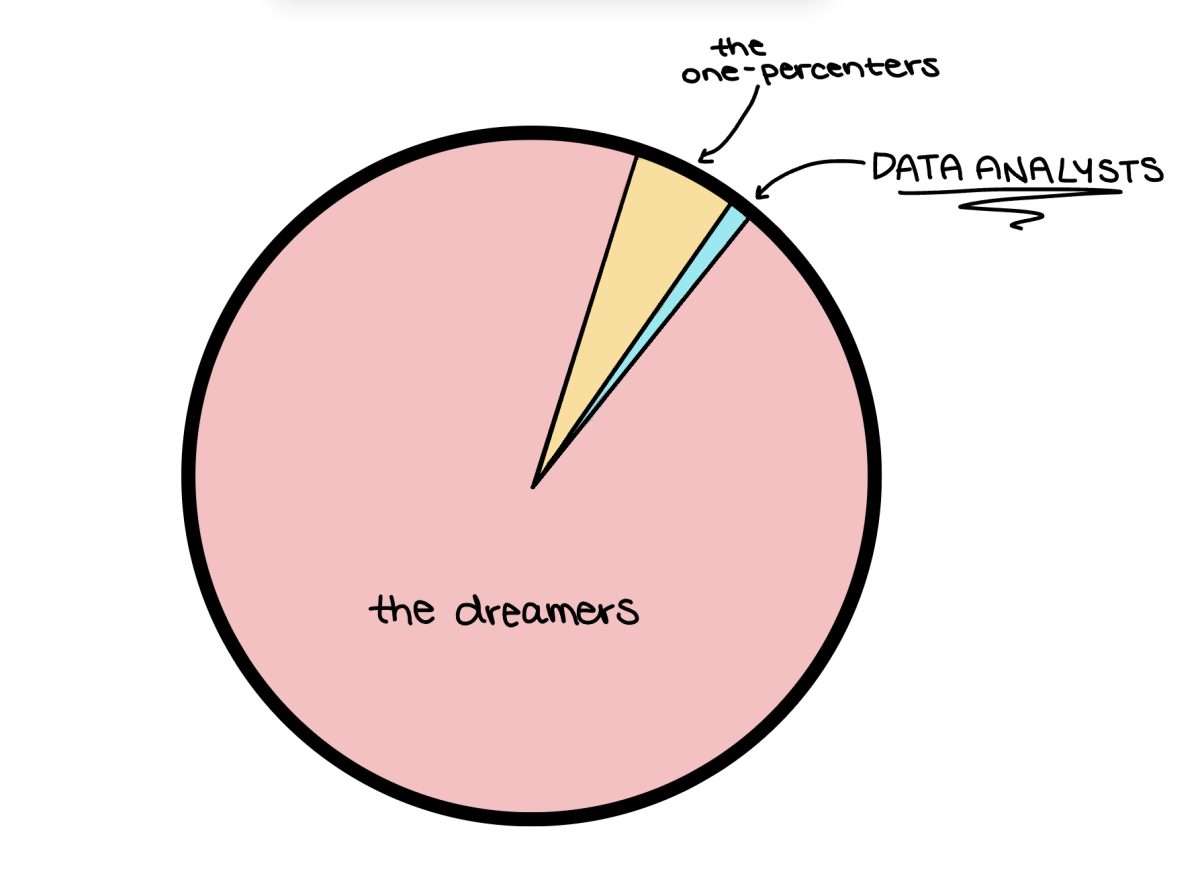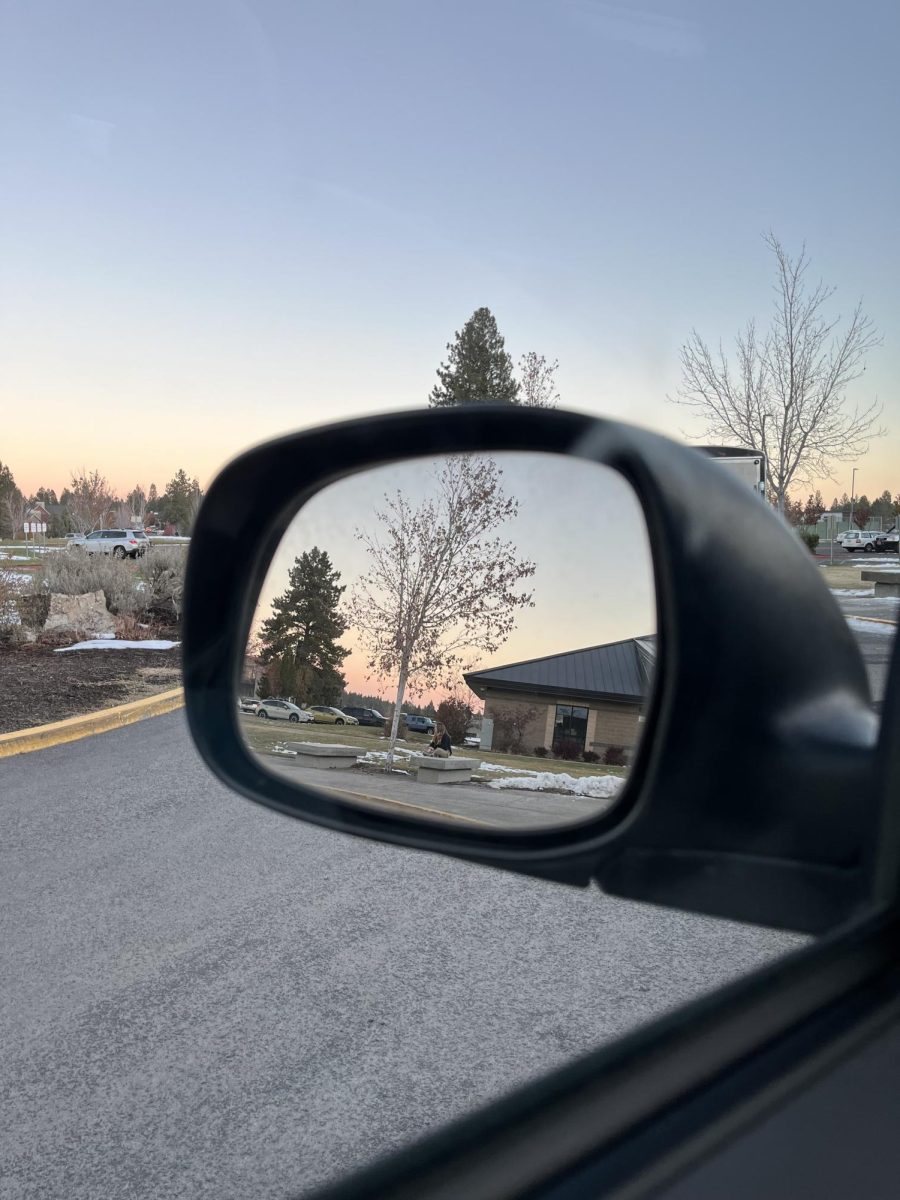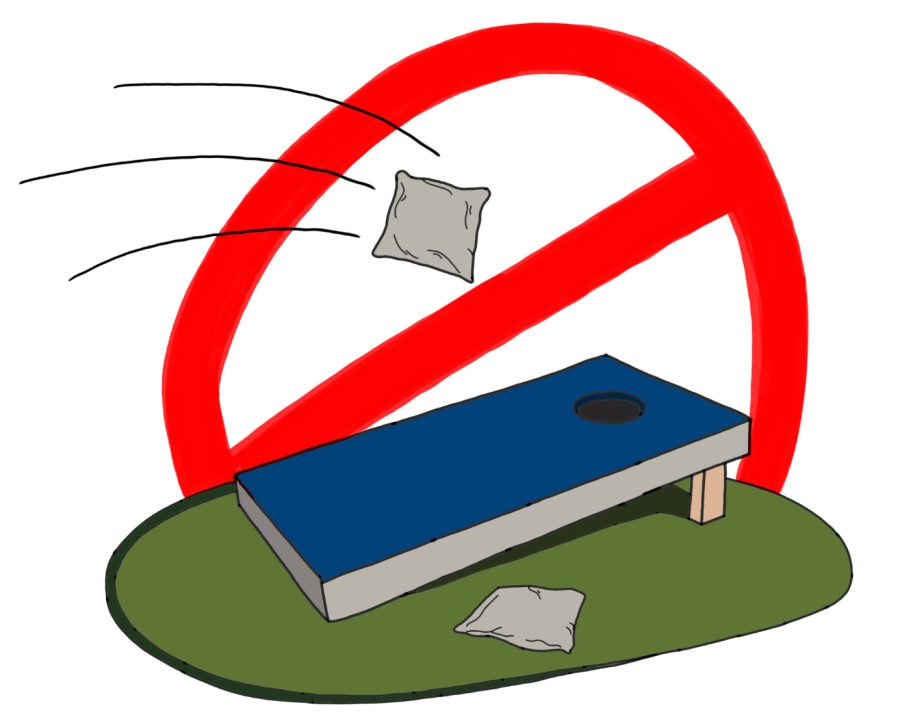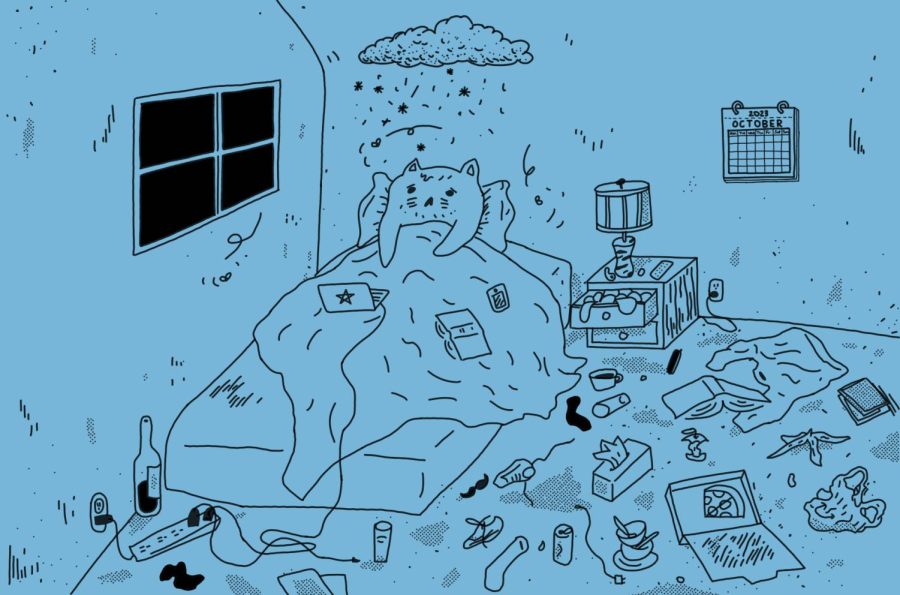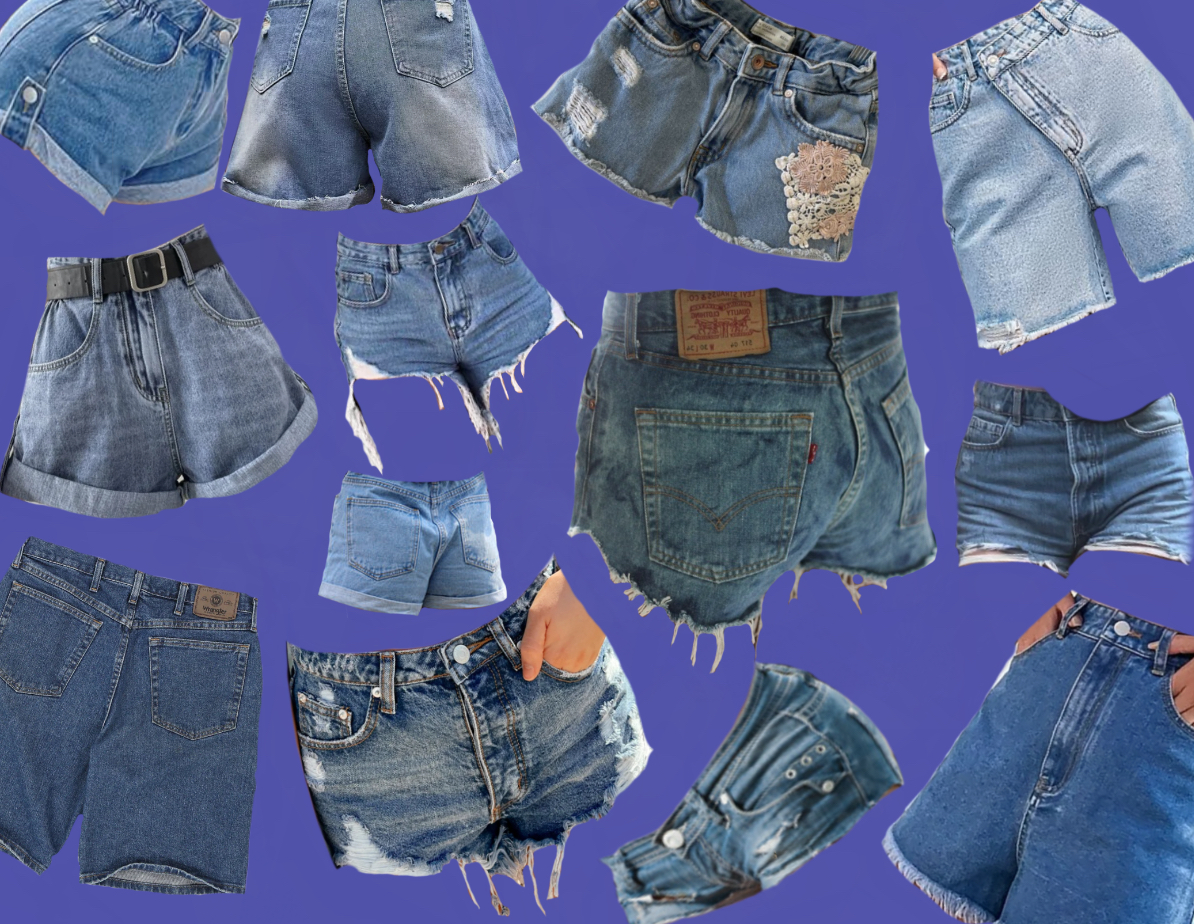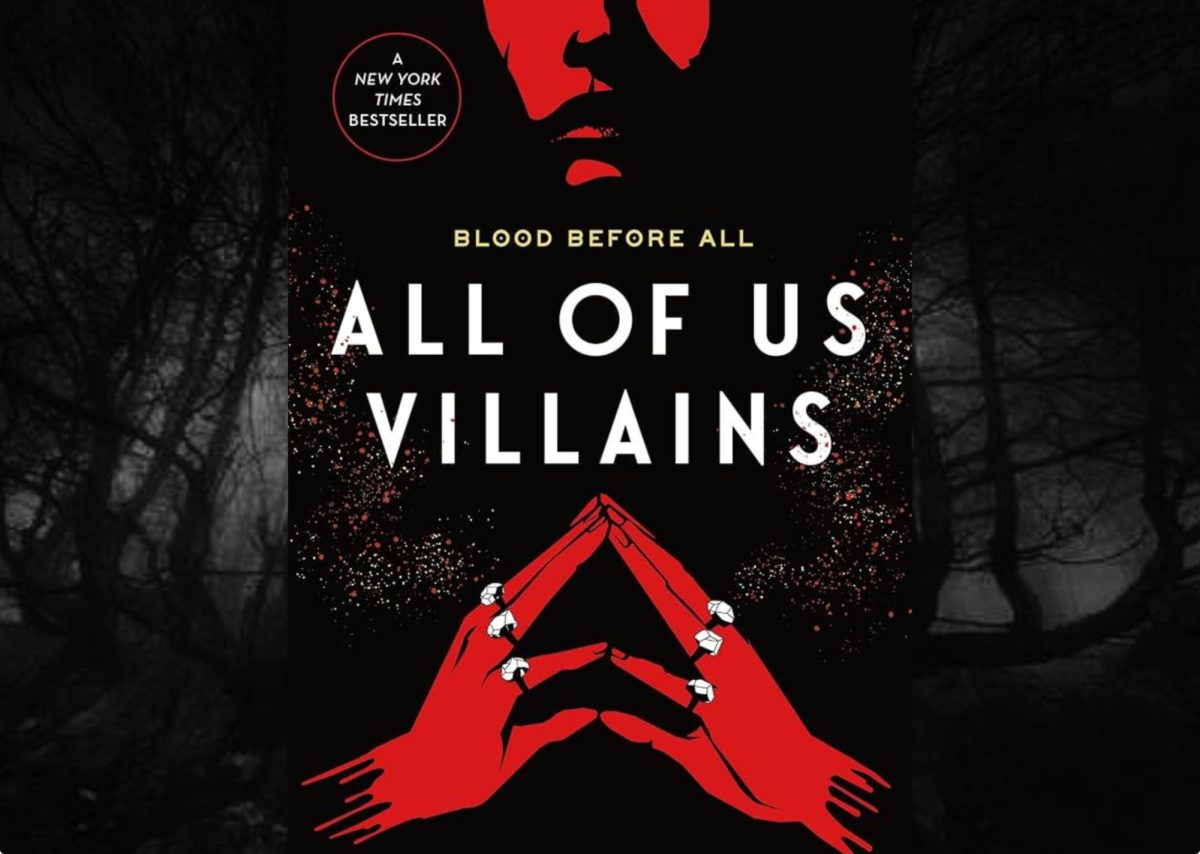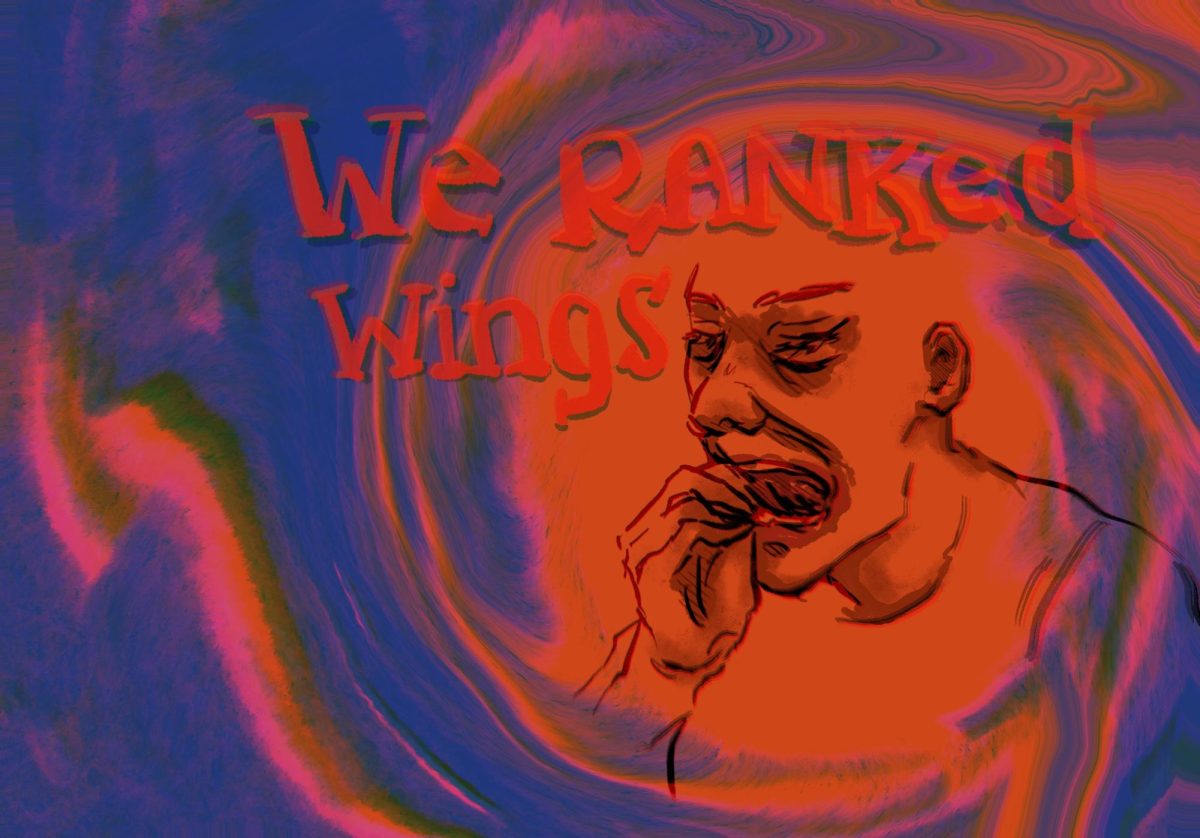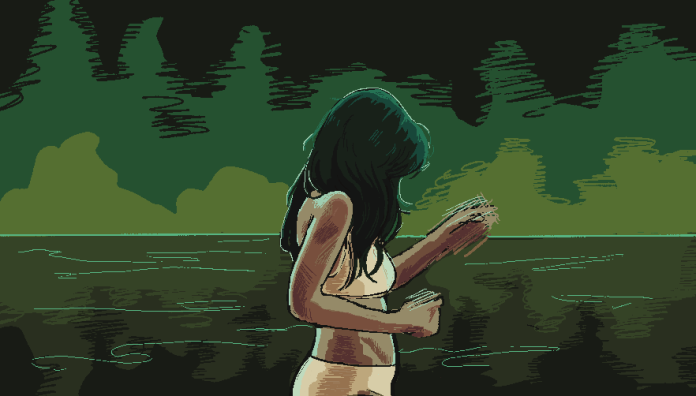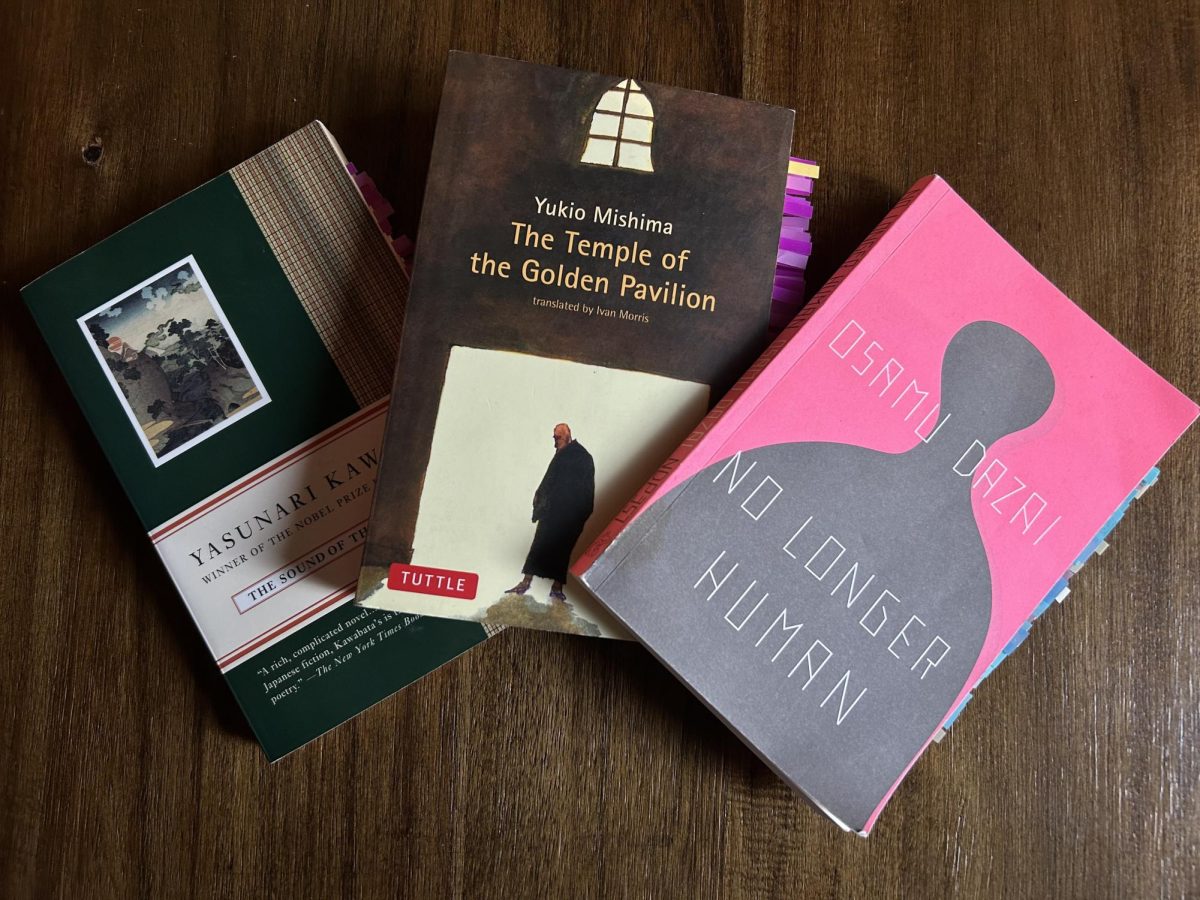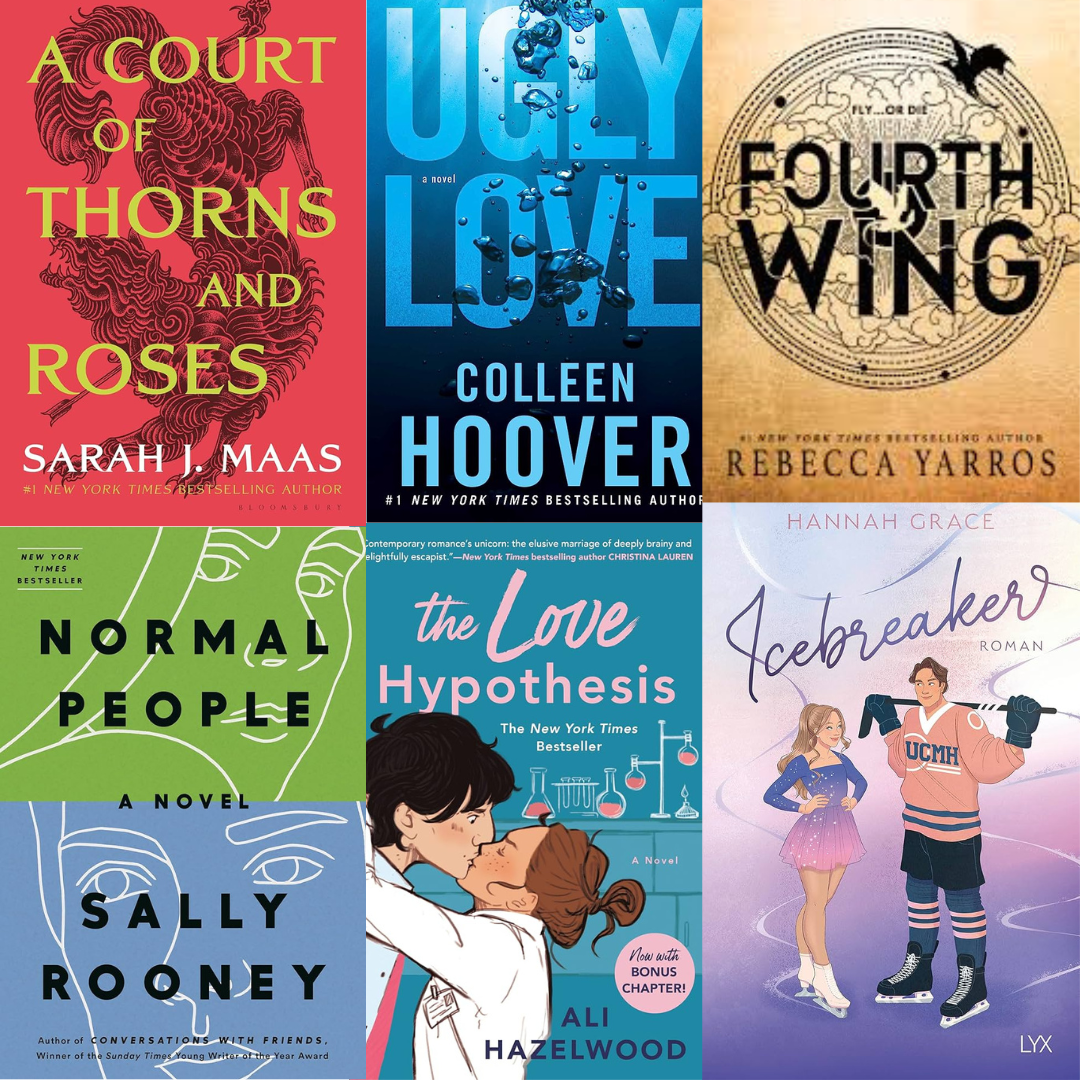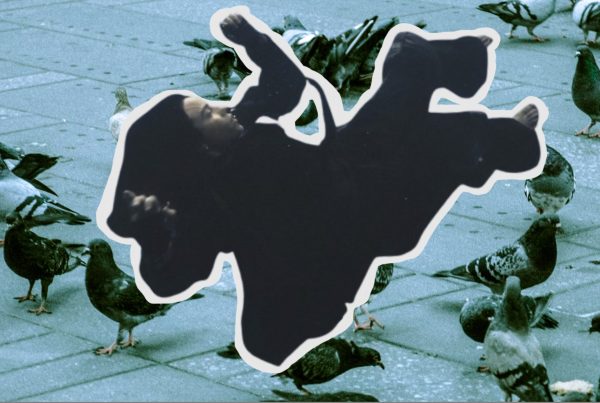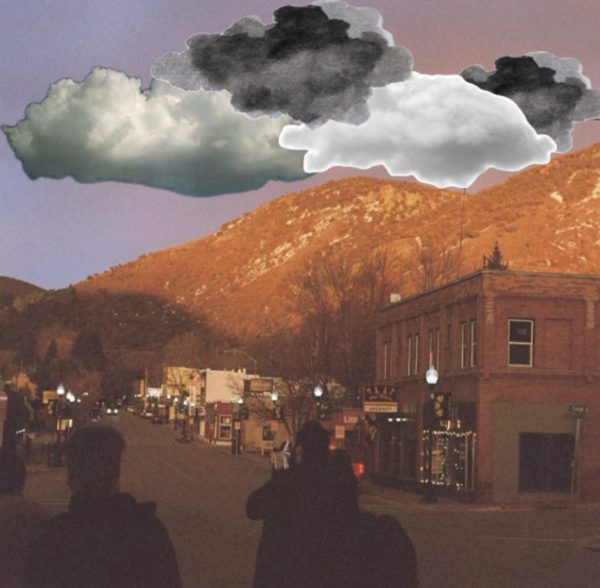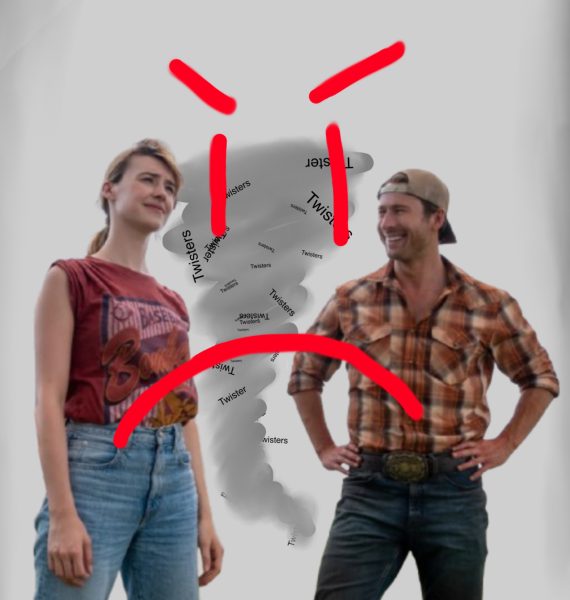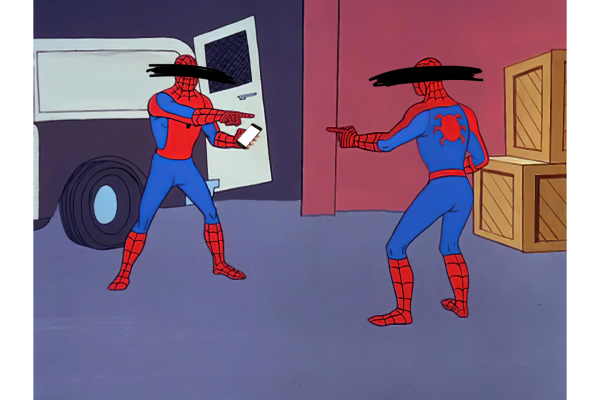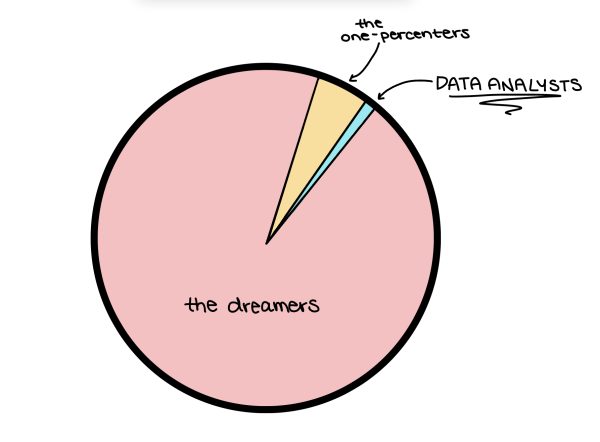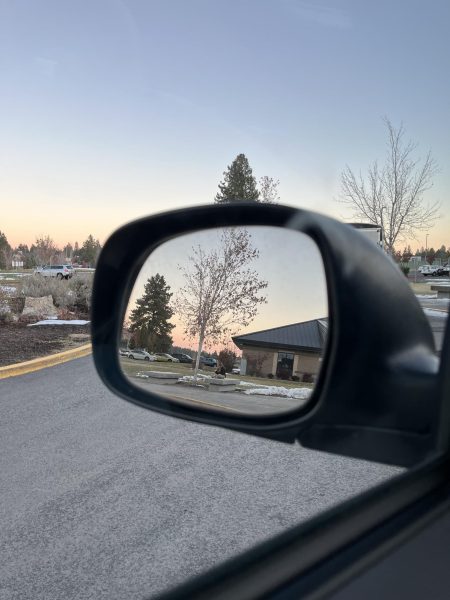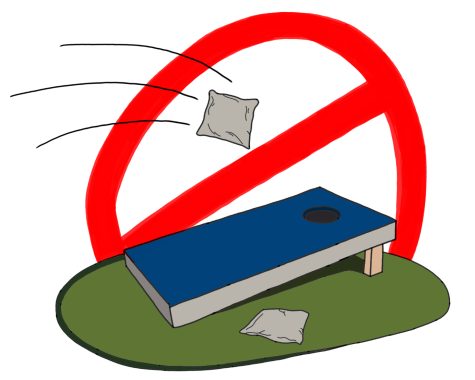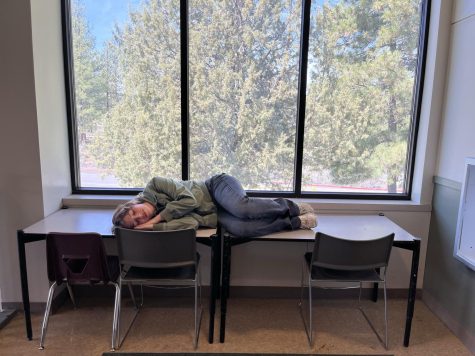Is Seasonal Depression Real?
Everyone’s just sad
****DISCLAIMER: the reference to seasonal depression in this piece refers to the common use of the term when people miss the summer, and feel sadder/lower energy in the colder months. My theory is in no way meant to discredit those clinically diagnosed with SAD, or Seasonal Affective Disorder, a mood disorder characterized by severe depression that occurs at the same time every year.
People will go to great lengths to blame their feelings on the weather. Seasonal depression, or the melancholy feeling that seems to conveniently set in during the colder months, is (in my humble opinion) generally unrelated to the frozen toes and icy roads that come with the trees changing colors every year.
In the space between the death of summer and the holiday season, the events of our busy year thus far tend to catch up with us. Come October, we’re in the midst of sitting and peering out the window despairingly all season, watching the leaves fall and the trees die and neighbors slip on icy streets while taking out the trash (picture: Bella in Twilight after Edward disappeared).
For days or weeks or months, we find ourselves in the same place, doing the same thing, with the same hopeless outlook, whether it be at school or work or home. The dissociation levels during the end of the year seem to skyrocket. We rapidly deteriorate into a zombie-like state, going through the motions and constantly feeling like we’re three seconds from shutting down.
And, of course, the only thing worse than wasting time moping is the realization that we’ve just wasted time instead of doing the productive thing, the progressive thing. I think a lot of the time, people tend to struggle with the idea of depression for this very reason.
We exist in a society requiring us to live in a constant frenzy. The typical 9-5 has become closer to an 8-7, with technology controlling most of our lifestyles and many kids spending more waking hours with their teachers than they do their parents. My homework took up three hours, then four, then five. I can’t sit still for more than 30 minutes without feeling restless, but doing everything all at once has become so overwhelming. Being so overstimulated and exhausted simultaneously often leads my body and brain to shut down without warning. But I couldn’t possibly be incapable of handling it all… right?
I (along with much of the general population) have found it’s much simpler to blame this disassociation period on the weather. We coined the term “Seasonal Depression” and tucked it into our back pockets, easily accessible for when our minds get too tired and we need to “waste” time resetting. It proved an effective method of sweeping bigger issues under the rug and crediting our behaviors to the changing of seasons. And an overused method at that.
Feeling that you and your partner are growing apart? Seasonal Depression™. Hanging out with your friends less and less? Seasonal Depression™! Too tired to walk your dogs? Seasonal Depression™. Watching your to-do list pile up, forgetting to keep in touch with family, sleeping in an extra hour, spending your day off doing zero productive things, neglecting all of your schoolwork, letting your bedroom floor slowly disappear under a sea of discarded clothes… Seasonal Depression™! You get the point.
It’s so inherently human of us to ignore the things that weigh us down, to avoid confronting our problems head on. So, instead, we decide to do the easy thing and choose literally anything else to be liable.
Yes, it can be difficult to navigate the cold emptiness of winter in which things are often made to seem gloomier than they are, but the season can’t necessarily be to blame for life’s trials and tribulations.
So as we crawl our way into summer and this “seasonal depression” doesn’t magically melt away, we should ask ourselves what it really is that’s causing this discontent in our lives. Individuals with SAD may have a better understanding of why this feeling appears in them, but for the rest of us… it might be more than the weather.

The wild Iben has recently been spotted in the Pinnacle news room. Reports from local journalists describe that the beast has been spending all of her time underwater, listening to music, and watching...

